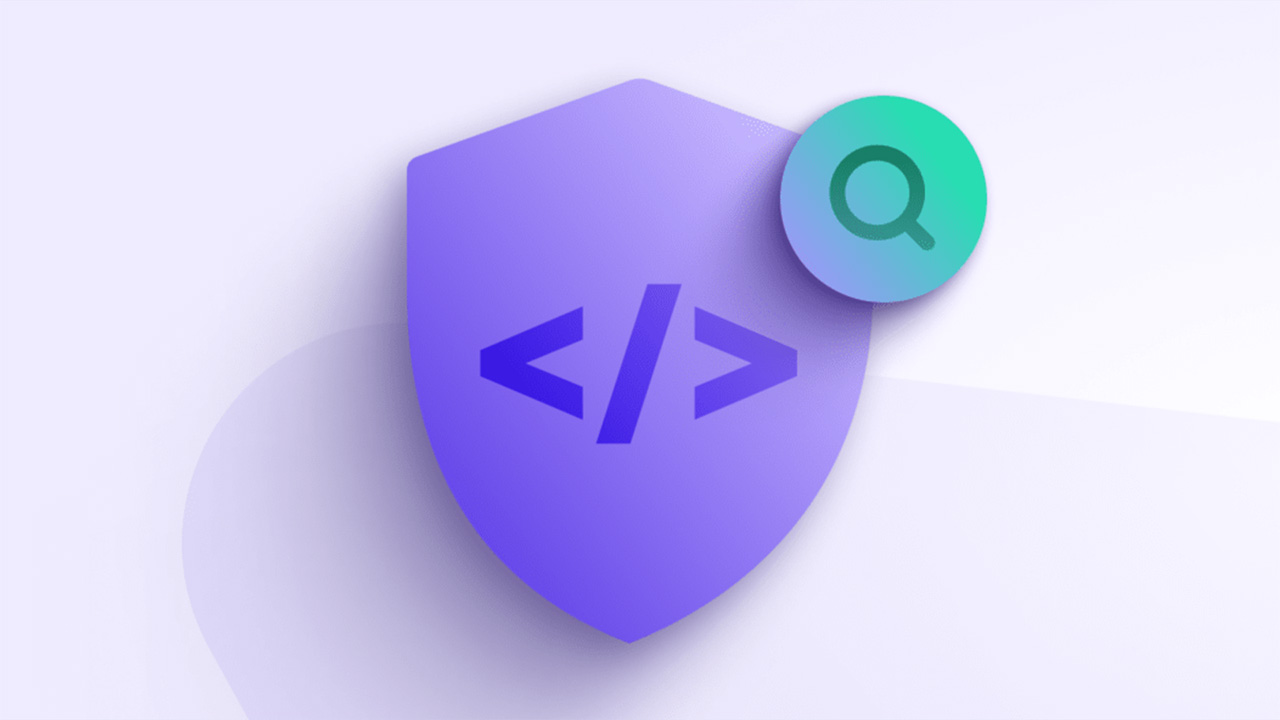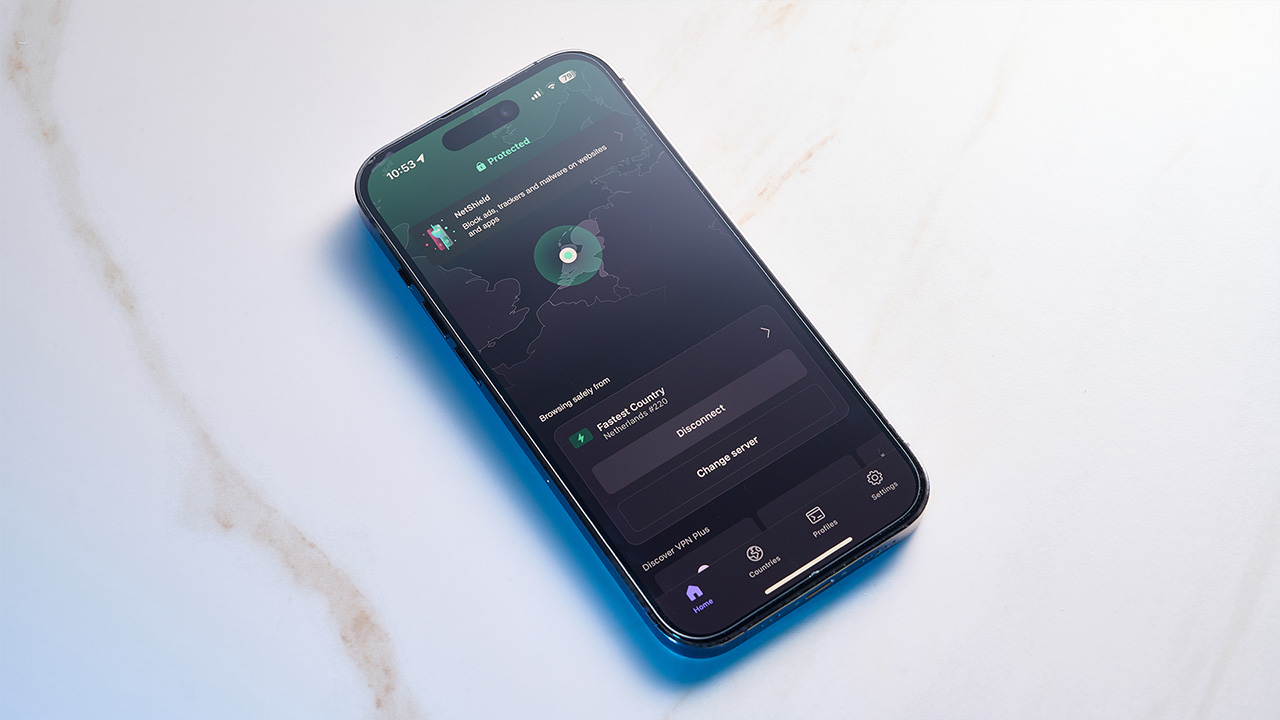Proton VPN passes its fourth consecutive no-logs audit – here's what that means for your data
The provider remains one of the most private and secure VPNs out there

Here at Tom’s Guide our expert editors are committed to bringing you the best news, reviews and guides to help you stay informed and ahead of the curve!
You are now subscribed
Your newsletter sign-up was successful
Want to add more newsletters?

Daily (Mon-Sun)
Tom's Guide Daily
Sign up to get the latest updates on all of your favorite content! From cutting-edge tech news and the hottest streaming buzz to unbeatable deals on the best products and in-depth reviews, we’ve got you covered.

Weekly on Thursday
Tom's AI Guide
Be AI savvy with your weekly newsletter summing up all the biggest AI news you need to know. Plus, analysis from our AI editor and tips on how to use the latest AI tools!

Weekly on Friday
Tom's iGuide
Unlock the vast world of Apple news straight to your inbox. With coverage on everything from exciting product launches to essential software updates, this is your go-to source for the latest updates on all the best Apple content.

Weekly on Monday
Tom's Streaming Guide
Our weekly newsletter is expertly crafted to immerse you in the world of streaming. Stay updated on the latest releases and our top recommendations across your favorite streaming platforms.
Join the club
Get full access to premium articles, exclusive features and a growing list of member rewards.
Proton VPN has announced it successfully passed another independent audit of its no-logs policy – the fourth in as many years.
The provider's class-leading privacy and commitment to user safety is one of the reasons it features on our best VPN list.
The audit confirmed Proton VPN doesn't keep metadata logs, doesn't log VPN activity, and doesn't engage in practices that may compromise user privacy.
Proton VPN "fully complies" with its no-logs policy
Proton VPN's audit was completed by Securitum, which confirmed the provider's no-logging claims.
The company examined Proton VPN's infrastructure and server-side operations. It spent several days reviewing VPN and server configurations, as well as interviewing staff and assessing operating procedures.
The audit was extensive and in a blog post, Proton VPN highlighted the questions Securitum were tasked with answering. These included:
- Is user activity tracked or logged on the production VPN servers that handle user traffic?
- Is connection metadata, such as DNS queries or session timestamps, logged on VPN servers?
- Is user network traffic actively inspected, or are its contents logged on VPN servers?
- Is information monitored or logged regarding the specific services (e.g., websites, external servers) a user connects to?
- Are aggregate logs maintained that correlate services accessed (e.g., websites, servers) with the specific VPN server used?
- Is the No-Logs policy applied uniformly across all servers, in all geographic regions, and to all user subscription tiers?
These are just a snapshot of the questions asked. Others investigated the logging of specific server information, logging directives, Change Management processes, and unauthorized configuration change detection.

Securitum said: "The technical evidence reviewed showed no instances of user activity logging, connection metadata storage, or network traffic inspection that would contradict the no-logs policy."
It added that "robust administrative and technical controls" were in place to "ensure the continuous integrity of the no-logging environment."
Securitum concluded its report by saying that at the time of the audit, Proton VPN "fully complies with the privacy commitments outlined in its no-logs policy."
The full 2025 report has been published on Proton VPN's website for anyone to read. Securitum also completed a no-logs audit of Proton VPN in 2024, 2023, and 2022. These reports can also be found on Proton VPN's website.
Transparency
Proton VPN believes "all claims should be investigated and verified," including its own. The provider added it would continue to perform regular audits and publish their results.
All of Proton's apps, including Proton VPN, are open-source so you can investigate its claims for yourself.
Its Swiss jurisdiction means it doesn't have any logging requirements. However, Proton VPN said "incorrect server configuration or flawed system architecture could cause logs to be accidentally stored." This is why it commissions independent reviews of its infrastructure.
Proton VPN's Transparency Report shows that up to June 2025, it received 29 legal requests for information – 29 orders were denied.
The provider's no-logs policy was tested in court in 2019 after a foreign data request was approved by the Swiss court system. Due to not storing any customer IP information, no data could be provided.
Proton VPN remains one of the most private VPNs and this no-logs policy extends to its free service, Proton VPN Free – one of the best free VPNs. Your data will always be protected by Proton VPN regardless of whether you pay for it or not.
We test and review VPN services in the context of legal recreational uses. For example: 1. Accessing a service from another country (subject to the terms and conditions of that service). 2. Protecting your online security and strengthening your online privacy when abroad. We do not support or condone the illegal or malicious use of VPN services. Consuming pirated content that is paid-for is neither endorsed nor approved by Future Publishing.

George is a Staff Writer at Tom's Guide, covering VPN, privacy, and cybersecurity news. He is especially interested in digital rights and censorship, and its interplay with politics. Outside of work, George is passionate about music, Star Wars, and Karate.
You must confirm your public display name before commenting
Please logout and then login again, you will then be prompted to enter your display name.
 Club Benefits
Club Benefits










